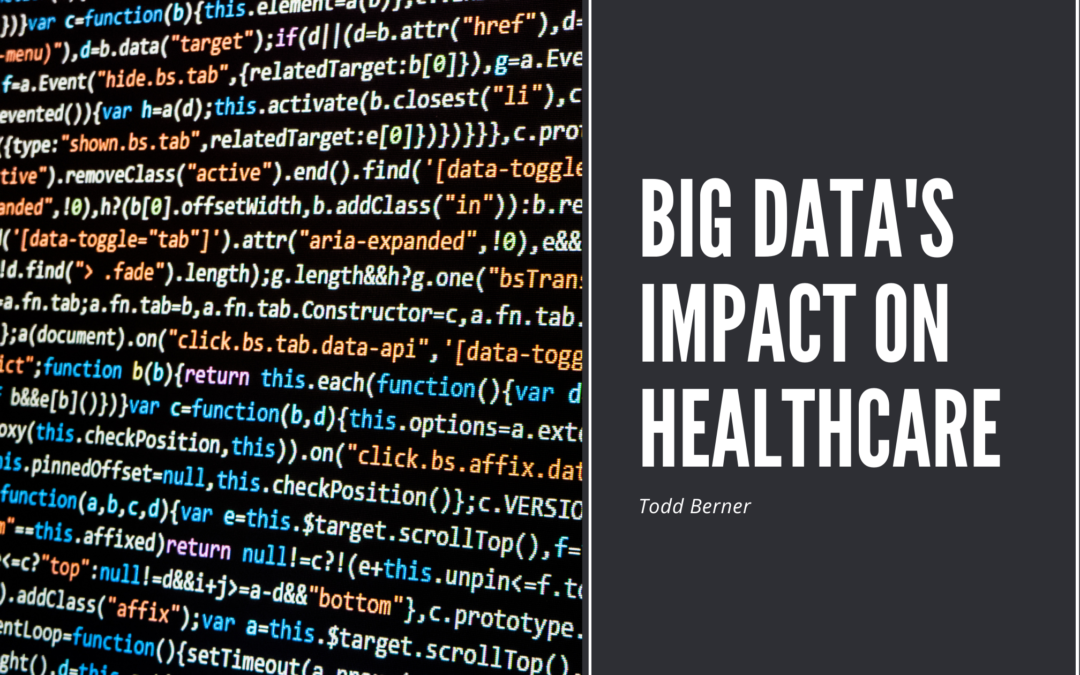One industry that has been consistently favored is healthcare. Patient accountability and novel treatments have been increasingly important in recent years. With the rise in such demands, the sector has adopted some of the most up-to-date technologies. The implementation of Big Data and Analytics is one such key advancement that has emerged. Big data is expected to grow quicker in healthcare compared to other industries such as manufacturing, agriculture, and so on.
Big Data in Healthcare
Big data’s potential is abruptly transforming the elements and dynamics of numerous domains, notably healthcare. Big data in healthcare is huge data volumes created by the application of digital technology, such as electronic medical records. It is useful in monitoring clinical outcomes of patients and assisting in hospital management training, which would otherwise be time-consuming and inconvenient with earlier technologies.
Positive Impact of Big Data in Healthcare
When used in healthcare, Big Data will employ exact health data from patients to help prevent and cure illnesses, reduce costs, and so on. Let’s look at the reasons why Big Data is important in the healthcare industry:
Keeps Human Errors to a Minimum
Several times, specialists have been noted for either prescribing the wrong drug or administering a different treatment by mistake. these problems can be overcome using Big Data since Big Data can be used to review user data and suggested medication. Big Data can back up patient information and identify potential community medications in order to avoid mistakes and prevent fatalities. For doctors that see several patients daily, this tool can be a massively useful piece of machinery.
Monitor Health Information
Big Data is revolutionizing how multiple patient statistics and vital signs are tracked. Wearables can be used to track patients’ blood pressure, heart rate, walking distance, and much more. This will allow healthcare organizations to detect underlying health conditions and provide care prior to them becoming more problematic.
Maximizing Patient Outcomes
Numerous clients and potential patients currently benefit from digital sensors that track their every move, their sleeping patterns, heart rate, etc. All of this information can be combined with other monitored data to identify hidden health hazards. Long-term insomnia and an elevated heart rate, for example, can suggest a risk of heart problems in the future. Patients are instantly involved in the management of their health, and health insurance might compel them to begin living a healthy lifestyle.
Cost-Effective
It is an excellent approach for hospitals with over-booked or under-booked personnel departments to save money. By predicting approval rates and aiding with staffing, data analysis can help solve this challenge. It will lower the investment rate gained by hospitals and will assist practitioners in maximizing their investment. The insurance industry can save money by encouraging the use of wearables and wellness trackers. It can reduce patient wait times since healthcare organizations will always have enough personnel and empty beds.
